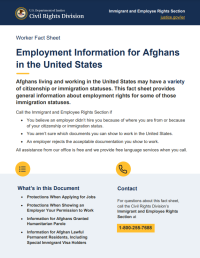This study evaluated the feasibility of Family Empowerment (FAME), a preventive multifamily program for asylum seeker families in the Netherlands. FAME aims to reinforce the parent-child relationship, family functioning, and social support. We used an uncontrolled pre-test-post-test design, embedded in a mixed-methods approach. FAME was offered to 46 asylum seeker families, mostly originating from Eritrea,…









